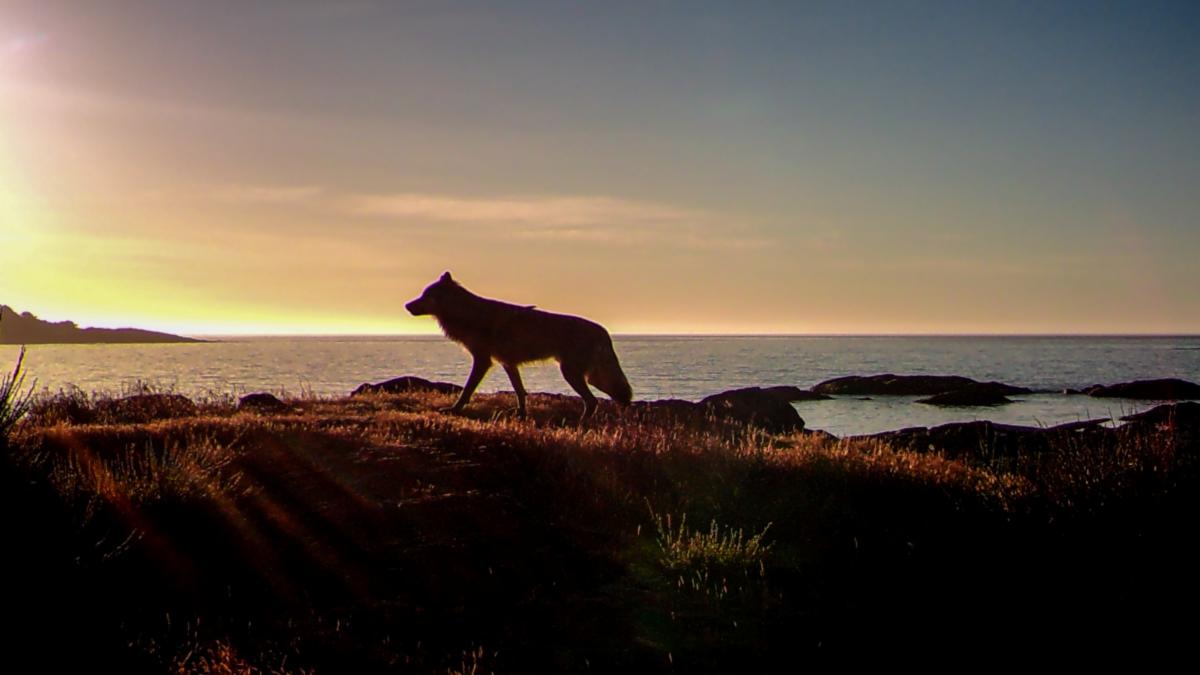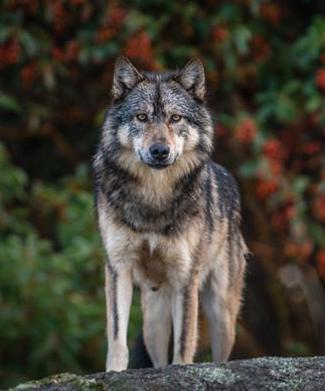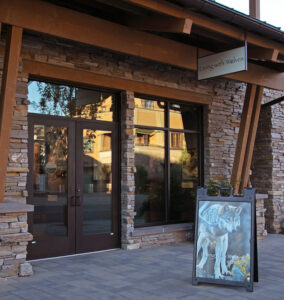A hunter happened to spot Takaya. That was his final moment.
Takaya, the island wolf had spent nearly his entire life living peacefully, hunting seals on a small group of pristine islands, just a few miles off the shore of downtown Victoria, British Colombia. For most of a decade, he went about his life, being a wolf with the constant humming and bustling of humanity just across the water.
For reasons known only to him, perhaps in search of love, food or for some other reason, in January he left the island after making it his home for so long. He swam to the nearest land, a peninsula at the southern tip of Vancouver Island. But the city of Victoria covers the peninsula. For a few days residents reported the wolf moving briskly, with apparent determination through the city, probably in search of something safer, more familiar, more natural. He was probably frightened, but he caused no harm.
Eventually, conservation officers darted him, immobilizing him for relocation 100 km to the west in a wild place better suited for a wolf. Landing in an unfamiliar place after the trauma of being drugged, captured and relocated, he went on the move, perhaps still in search of something and likely feeling the effects of the drugs for weeks. Still, he caused no harm. Yet it appears he was killed for no other reason than being a wolf. Is this the value we place on wild animals?
Takaya’s life was shared with the world thanks to the passion and dedication of conservationist and photographer Cheryl Alexander. She spent countless hours over seven years observing and documenting Takaya, sharing time, and appreciating his remarkable island life. Cheryl worked with a documentary team from the BBC to bring his extraordinary story to world. Takaya: Lone Wolf was extremely well-received, viewed by adoring audiences everywhere, and it created tremendous interest in the life of this wolf and wolves everywhere.
Jamie Dutcher, Living with Wolves co-founder, is honored to have had the opportunity to visit Takaya and participate in telling his story. Thank you, Cheryl and thank you, Takaya.
For Takaya, life has been taken. For many of us, his life now has even greater meaning. Something ancient, something that has endured time, something that reminds us of what it means to live, to be here, to be an animal, still lives around us and in each of us.
If we have no functional need or reason to end the life of an animal, should it be our choice to do so? Or do we hold within us an appreciation for the natural world? Do we revere and have compassion for all the animals with whom we share this planet – our planet, their planet?
Your awareness, your words, your voice will help determine the direction in which we are headed.



